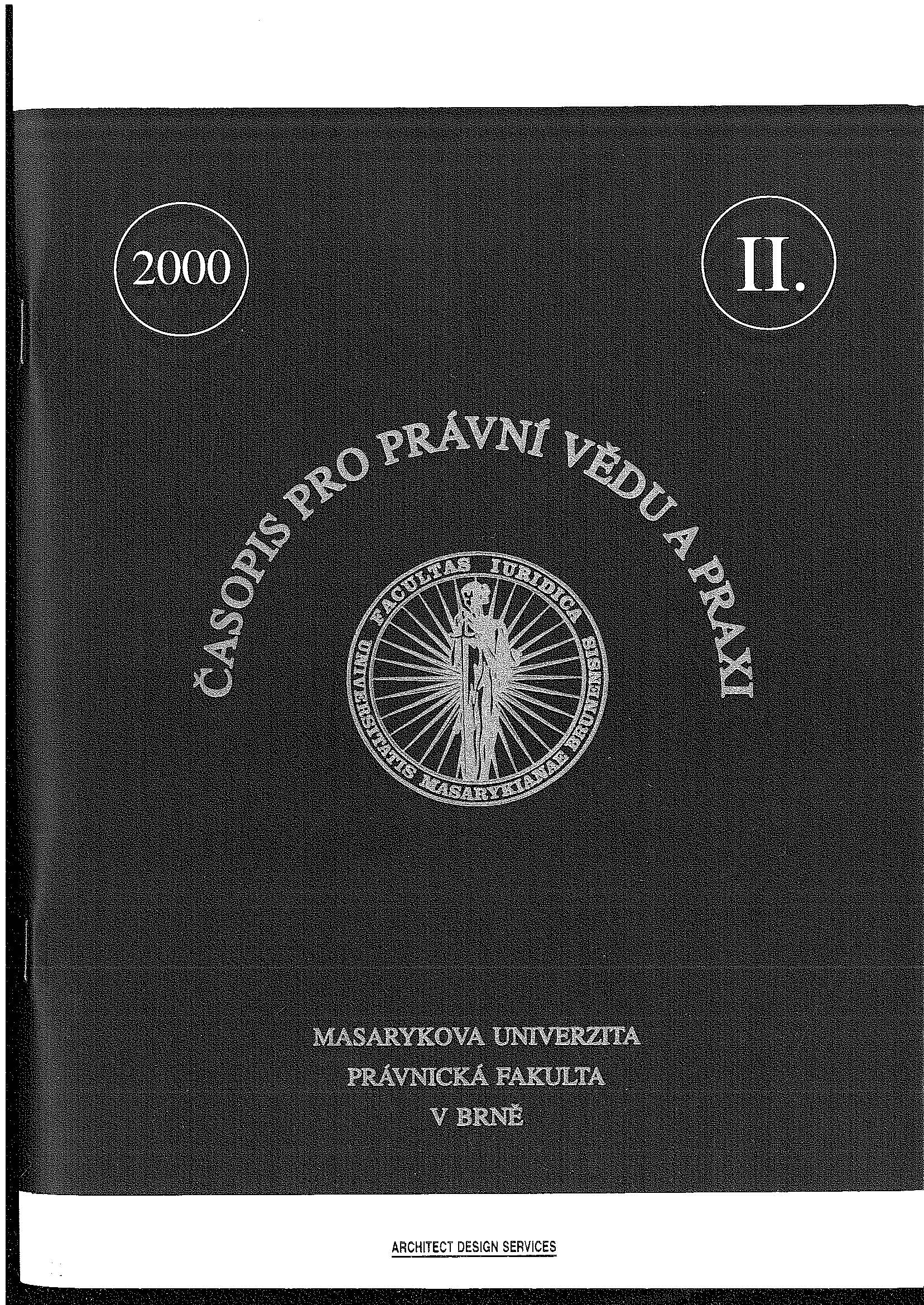The Principle of Non-Refoulement in the 1951 Geneva Refugee Convention and Contemporary Asylum Practice
The Principle of Non-Refoulement in the 1951 Geneva Refugee Convention and Contemporary Asylum Practice
Author(s): Rirk VanheuleSubject(s): International Law, Human Rights and Humanitarian Law
Published by: Masarykova univerzita nakladatelství
Keywords: Non-Refoulement;Geneva Refugee Convention;Contemporary Asylum Practice;
Summary/Abstract: In international law, the 1951 Geneva Refugee Convention guarantees a number of rights to refugees, like the right of non-discrimination and freedom of religion (Articles 3 and 4). A considerable number of articles deals with the judicial and personal status, the rights that a refugee has at the level of property, access to the courts, employment and welfare (Articles 17 to 24) and administrative status (Articles 25 to 34). The rationale behind the Refugee Convention is to offer protection to persons who do not benefit from the protection of their home country any longer. If the State of which they have citizenship does not protect them any more and they are unable or unwilling to return there for reason of a well-founded fear of persecution, then they benefit this substitute protection of the Geneva Convention.
Journal: Časopis pro právní vědu a praxi
- Issue Year: 8/2000
- Issue No: 2
- Page Range: 138-149
- Page Count: 12
- Language: English

